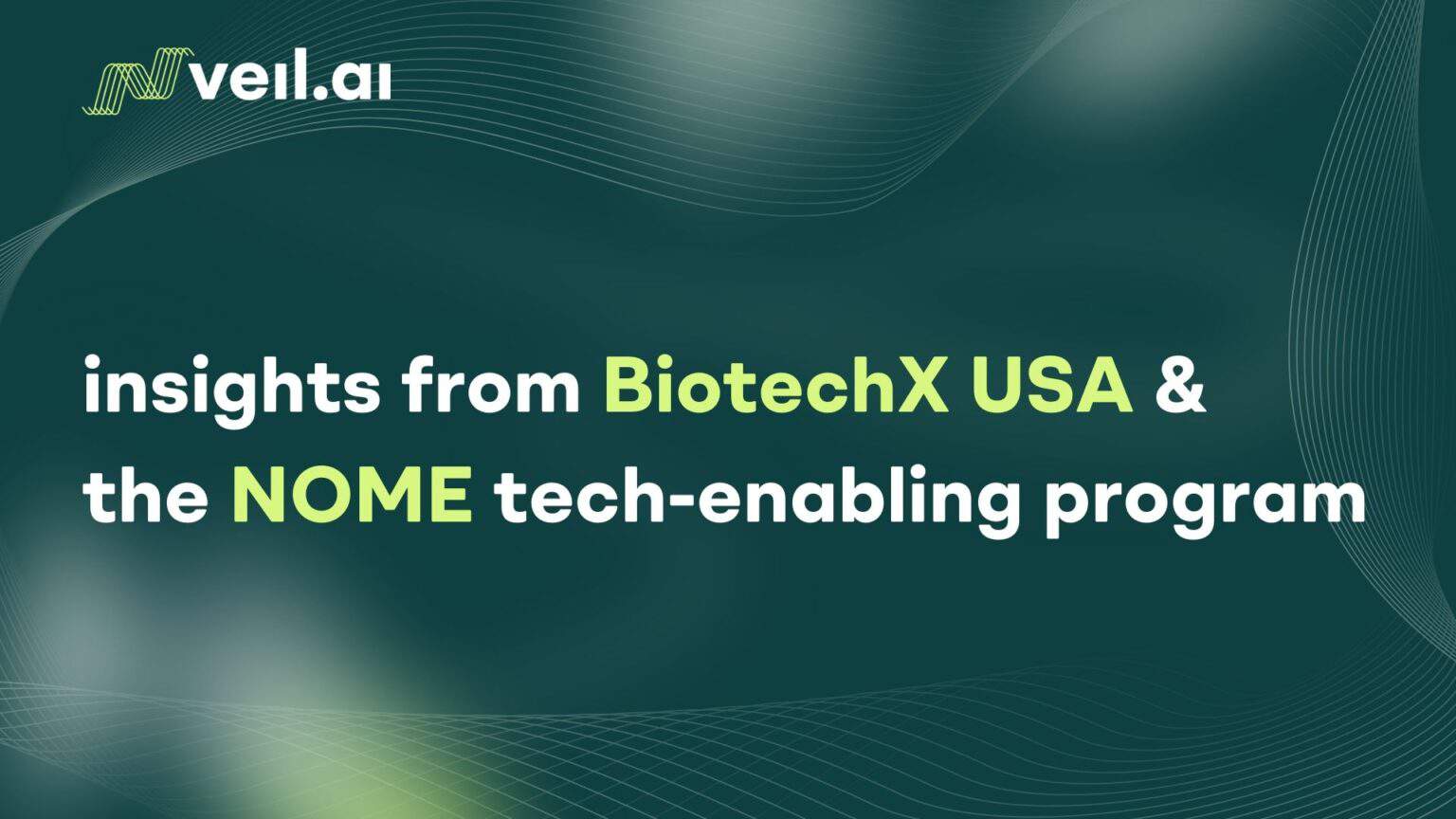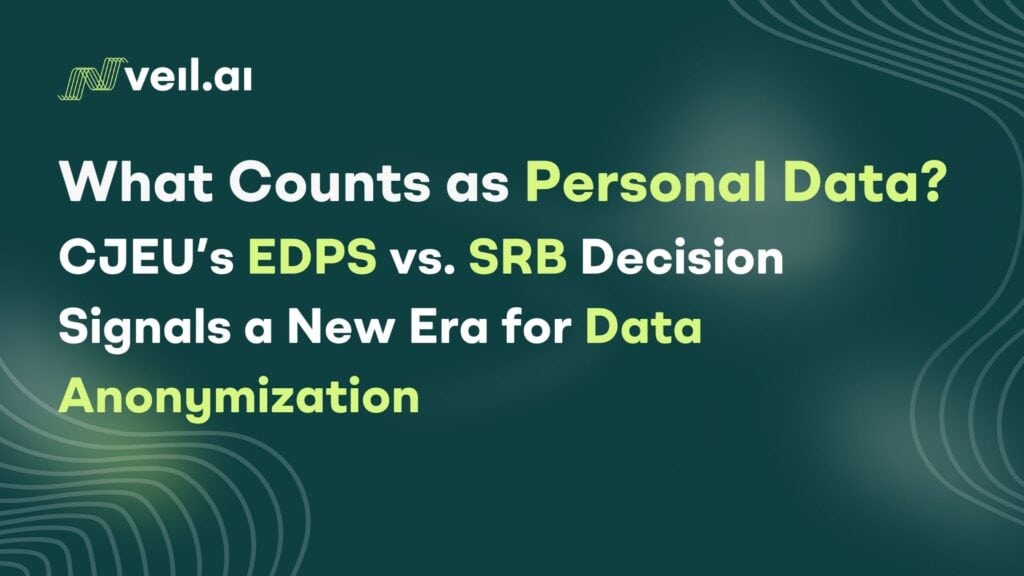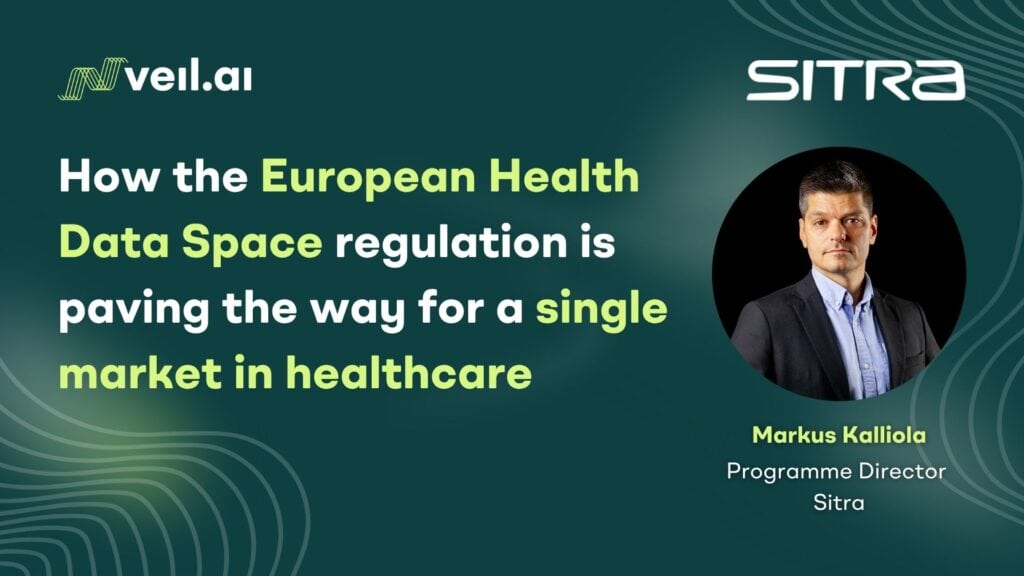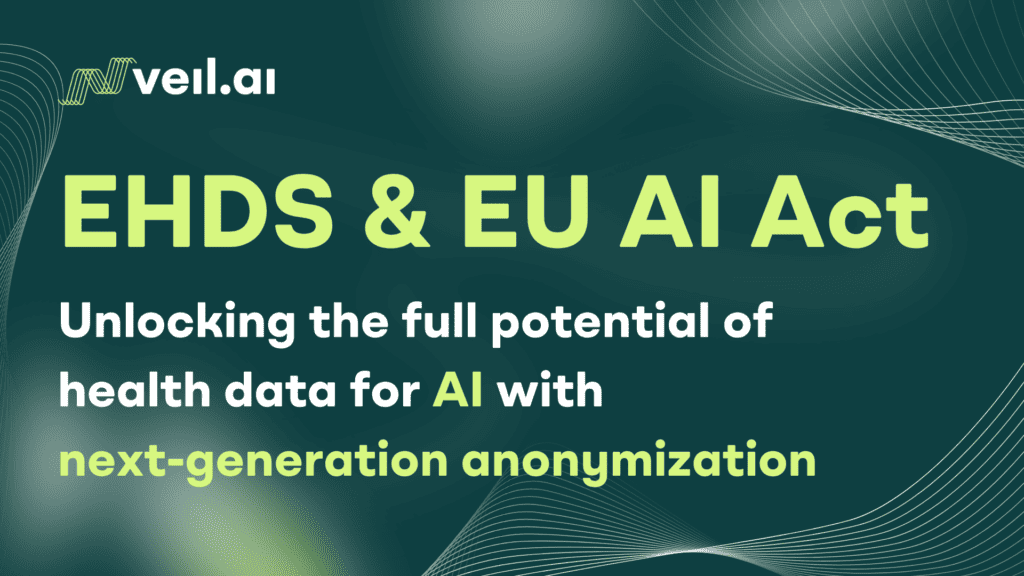Last month, VEIL.AI took part in two exciting U.S. events: BiotechX USA in Philadelphia (Sept. 17-18) and the Nordic Mentor Network for Entrepreneurship (NOME) tech-enabling program in Boston (Sept. 23-27). Our key insights were that core issues of data privacy are similar in the U.S. and E.U., and that anonymization can enable data access for trans-Atlantic collaborations.
In September, VEIL.AI had the privilege of attending two major events in the U.S.: BiotechX USA in Philadelphia and the Nordic Mentor Network for Entrepreneurship (NOME) tech-enabling program in Boston. These events highlighted the potential of AI in health data and provided a platform for important discussions on privacy, data access, and regulatory challenges. Here’s a closer look at the key themes and takeaways from these insightful discussions.
AI in Health Data: Opportunities and Challenges
A key theme at BiotechX USA mirrored broader trends in the tech world: the importance of training and validation of AI models. AI holds immense promise by leveraging vast datasets to improve system performance and make accurate predictions. However, in health data, the sheer volume of sensitive information needed presents a significant hurdle, particularly in regions with strict regulatory environments like the EU.
At the event, the impact of GDPR and the new EU AI Act was a focal point of discussion, particularly during the final keynote featuring experts in the field. Trans-Atlantic data collaborations, especially in clinical trials, were also discussed in a panel on Real-World Data applications. Although the U.S. and European data markets differ, core issues around data privacy remain similar across both regions.
Key takeaways from BiotechX USA
1. Data access in trans-Atlantic collaborations is a major challenge
European regulations like GDPR, the EU AI Act, and EHDS are viewed as benchmarks for privacy worldwide, yet they make it extremely difficult to share data across the Atlantic. Federated AI and aggregate data offer partial solutions, but there’s a clear demand for GDPR- and HIPAA-compliant access to pooled patient-level data.
Clinical trials, particularly for virtual/synthetic control arms, are a prime example of where this is needed. Other key areas include reusing legacy data, particularly data from Randomized Controlled Trials (RCTs), preclinical research, health economics studies, and academic collaborations.
2. Next-generation anonymization technology can address data privacy challenges
Our next-generation anonymization technology was taken very seriously as one tool to address these issues of sensitive health data access and use. The main concern raised was related to data quality— many individuals have had bad experiences of how anonymization affects data quality. But at VEIL.AI we have developed and patented technologies that increase data utility by orders of magnitude, a good example of which is a recent peer-reviewed study that utilized anonymized results to build a virtual control arm. It produced the same conclusions as pseudonymized, individual-level research data.
3. Ensuring compliance with anonymization standards is critical
Another concern regards compliance and regulation: how can we be sure that anonymized data are truly anonymous? We have elaborated on this topic in Findata projects, where we run a rich set of tests to verify that data actually fulfills the criteria of a given anonymity framework. We have developed a framework and protocol where the data transformations and data utility implications are both transparent and manageable.
Insights from the NOME tech-enabling program
We also had the opportunity to participate in the NOME tech-enabling program in Boston, joining an interesting roundtable discussion about the framework conditions for successful biotech innovation with the Danish Minister of Business Morten Bødskov, Torben Straight Nissen of Flagship Pioneering, Jacob Petersen of Novo Nordisk, and Jonathan P. Gertler, MD of Back Bay Life Science Advisors.
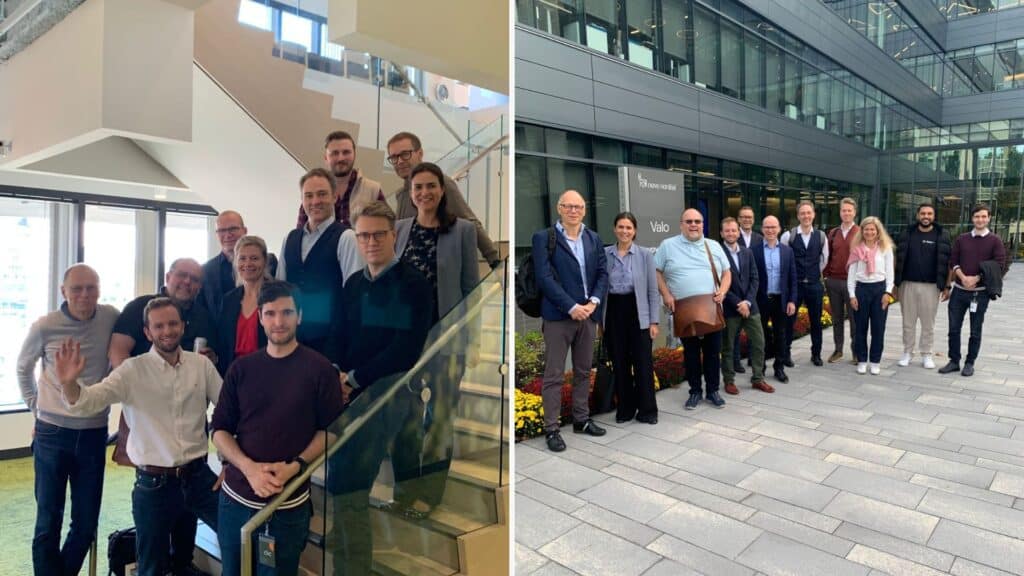
This roundtable again emphasized that privacy of sensitive data is just as important in the U.S. as it is in Europe, and that trans-Atlantic data collaboration (particularly for clinical research) is challenging due to data transfer restrictions. We also discussed that re-use of data is complicated from several angles, from informed consent to privacy issues.
In the discussion it was clear that anonymization is widely seen as a powerful tool to solve many of these data privacy problems. While legacy anonymization methods’ adverse impact on data quality and fidelity is a well-known problem, VEIL.AI’s next-generation anonymization technology was seen as a super interesting and promising approach.
Looking ahead
As we reflect on our participation in BiotechX USA and the NOME program, we’re excited about the potential for further collaboration and innovation in health data. We look forward to deepening our connections with the incredible people and organizations we met in Boston and Philadelphia, and to continue driving progress in AI and data privacy solutions.
